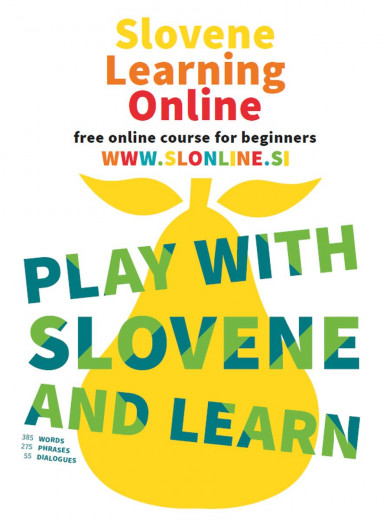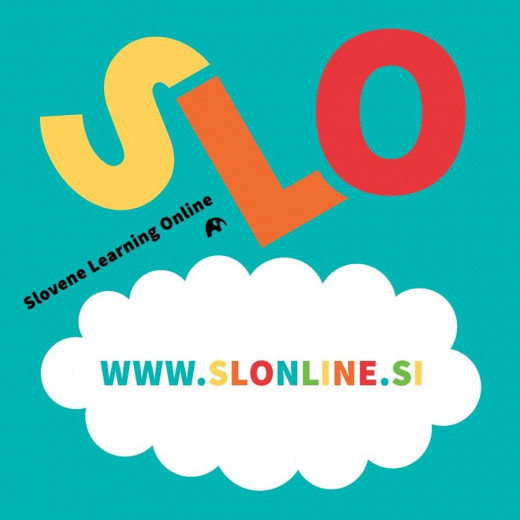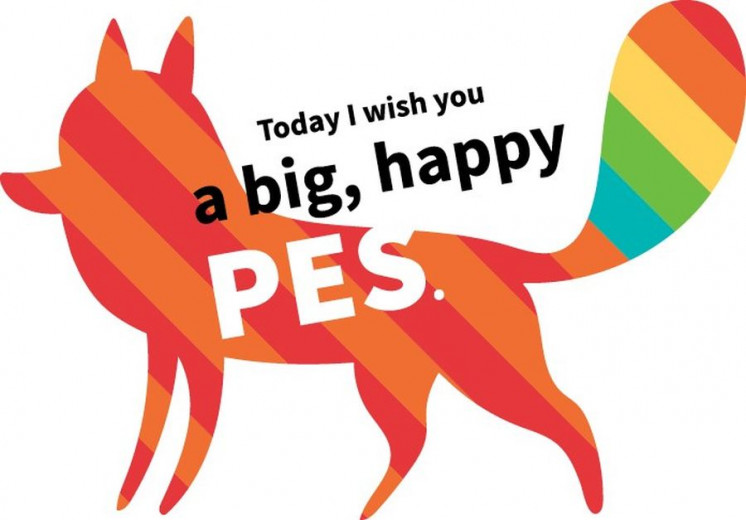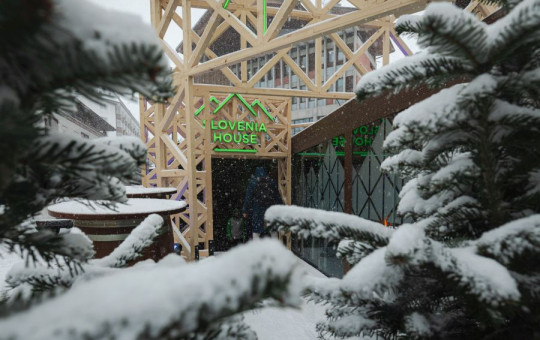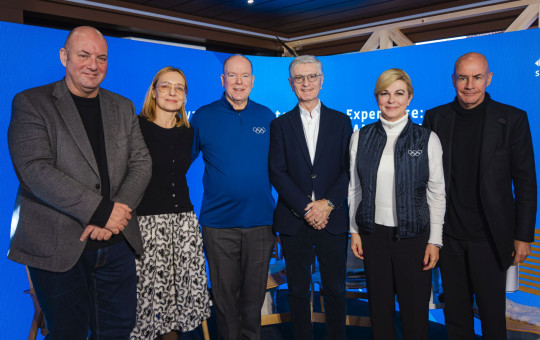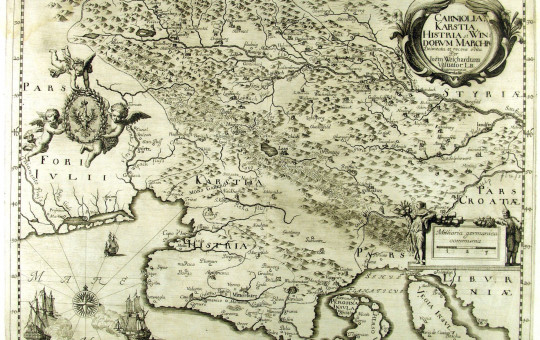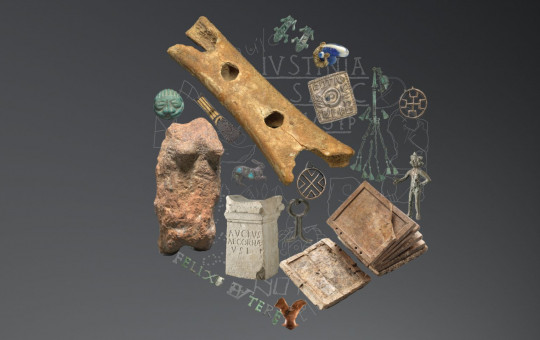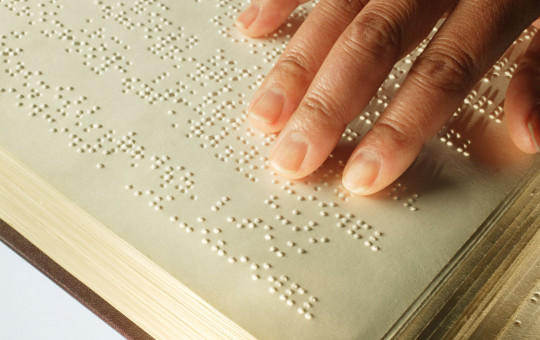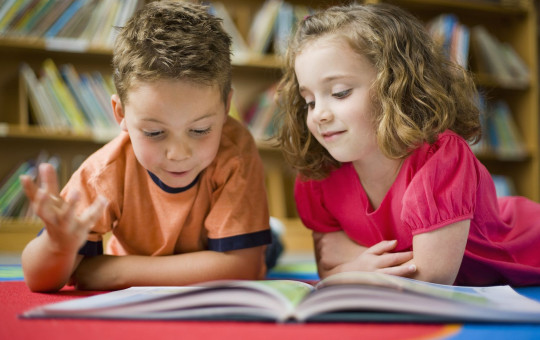Date: 12. December 2019
Time to read: 2 min
Are you planning a visit to Slovenia? Do you speak Slovene? Don't worry, we speak English very well but we will be pleased if you can say HELLO or GOOD DAY, PLEASE and THANK YOU in Slovene. You can turn to the elephant for help. How?
Real elephants in Slovenia can only be seen at the zoo. The bee, the chicken, the Karst Shepherd dog and the human fish are our native animals. The elephant image was cleverly used by the Centre for Slovene as a Second and Foreign Language to offer the world a chance to learn Slovene online. Why the elephant? It is actually a play on words: "e-learning" SLO on LINE. The Slovenian word for ELEPHANT is SLON, i.e. SLO(o)nline.
Proud of our dual
Slovene is one of the few Slavic languages that still uses the dual form of grammatical number, of which we are very proud. The only other languages that have this rare grammatical category are the Sorbian languages spoken in south-eastern Germany and Kashubian in northern Poland. The Slovenian alphabet has 25 letters, of which 3 are šumniki č, š, ž (ch, sh and zh sounds), which also have their own special symbols.
Centre for Slovene as a Second and Foreign Language
The Centre for Slovene as a Second and Foreign Language is part of the Slovenian public school system and operates under the auspices of the Department of Slovenian Studies at the Faculty of Arts, University of Ljubljana, which is not only the largest Slovenian university, but also celebrated its eminent centenary in December this year. With its programmes, the Centre fosters the professional development of Slovene as a second and foreign language. It teaches Slovene as a foreign language both in Slovenia and abroad, to both young and old speakers, and is involved in a variety of other activities.
The Centre develops and carries out Slovenian language exams and issues officially recognised certificates of proficiency in Slovene as a foreign language for the purposes of obtaining citizenship, employment, etc.
It prepares programmes and curricula to ensure the successful integration of migrant children, pupils and students in education programmes in the Republic of Slovenia. It also develops textbooks and other materials.
Furthermore, it promotes the Slovenian language internationally by providing Slovene lectorship programmes at 62 universities. Nearly 2,000 students enrol in their programmes each year.
"The idea about a modern online course in Slovene as a foreign language had been taking shape at the Centre for Slovene as a Second and Foreign Language as part of the Department of Slovenian Studies at the Ljubljana Faculty of Arts for a while," says one of the course creators, Tjaša Alič. "We wanted to develop an online course targeting those who wanted to learn Slovene on their own in a simple, fun and effective manner, and could access it from anywhere in the world.
At the launch of the course in December 2017, we got an incredible response and received many requests for other languages, so we added 6 more language combinations in 2018.
Now, Slovene can be learned by speakers of English, French, German, Russian, Croatian, Spanish and Italian. We are also excited about this year's introduction of our advanced-level course, Slovene Learning Online 2. On this occasion, I would like to thank everyone who has participated in the making of the course, particularly Digied d. o. o. that helped develop the concept and has provided excellent technical support since the very beginning."
14,000 users from 152 countries are learning Slovene.
The creators of the course, Tjaša Alič, Branka Gradišar, Tanja Jerman and Jana Kete Matičič recently received the Golden Plaque of the University of Ljubljana for outstanding merit in the development of scientific, pedagogical and artistic work and for strengthening the University's reputation.
The online course in Slovene is a great acquisition, helping our beautiful language to become global, visible and accessible to everyone. The opportunity to learn it is here. You are warmly invited to sign up!
Visit slonline.si

